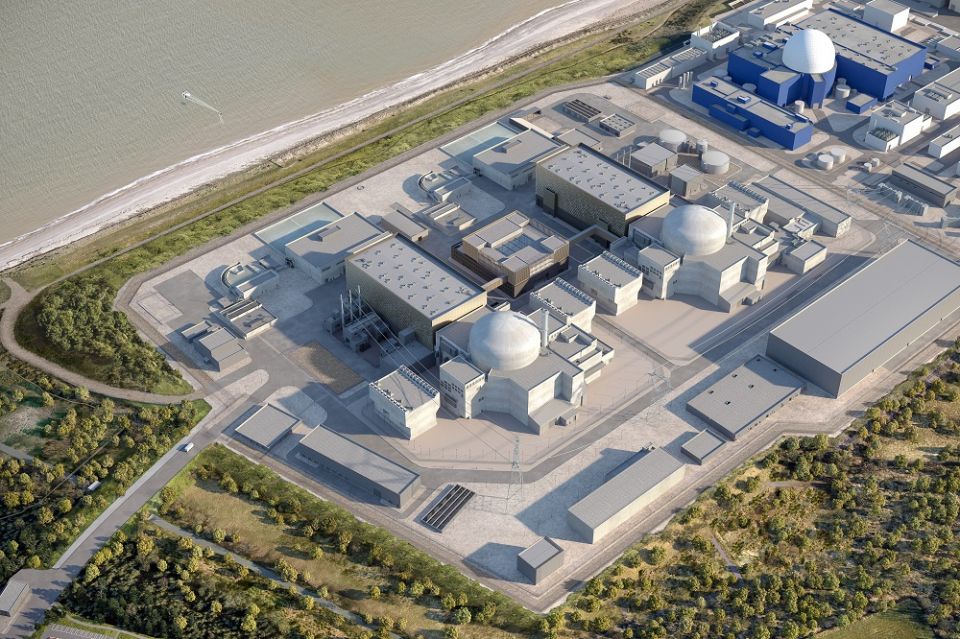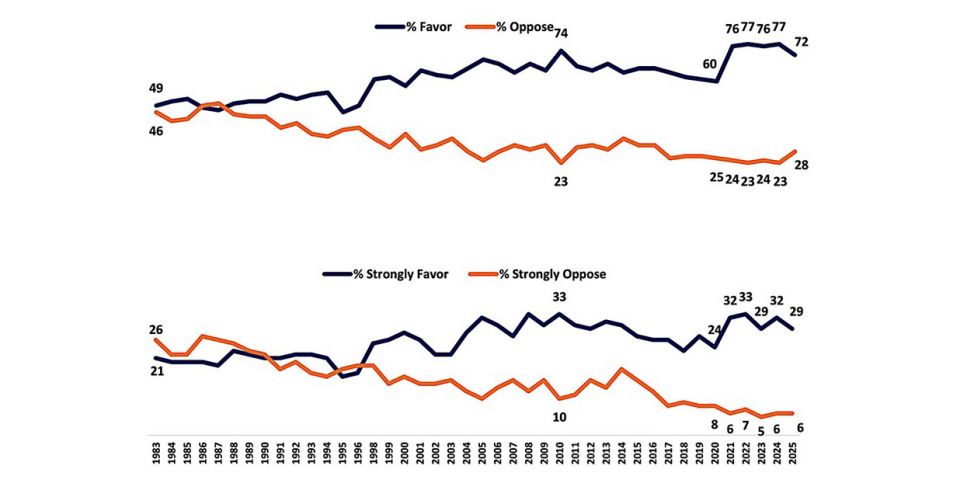Peaceful past: In 1957, the European Union’s founding members established both the European Economic Community and Euratom. “The peaceful atom,” wrote Jean Monnet, a French politician described as the founding father of the EU by the The Economist, was to be “the spearhead for the unification of Europe.”
Of the EU’s 27 countries, only 13 of them now operate nuclear power plants, and two political leaders—France and Germany—are on opposing sides of a debate that the European Commission must mediate by deciding whether nuclear energy should be considered a “green” investment.
Germany on the wrong side of history? “In this debate, Germany is likely to be on the losing side,” predicts The Economist. “It gave up on nuclear power after the Fukushima disaster in 2011, when an earthquake and tsunami caused a meltdown in Japan. Angela Merkel vowed to ban it in barely a decade. Countries from Belgium to Bulgaria followed, scrapping plans to build nuclear power stations and pledging to switch others off. However, opinions have shifted. Germany knows it does not have the votes to stop nuclear power being rated as green. Austria and Luxembourg would probably join it on the barricades, but few others will."
At the same time, continued The Economist, "France is increasingly influential. Europe falling back in love with nuclear power is just one example of the many policy debates heading in a French direction.”
Watch the gas: The status of natural gas generation is also being debated in the EU’s taxonomy, with supporters arguing that it is cleaner than coal. “Some countries are pronuclear and anti-gas; others are the reverse. Some oppose both, while some demand both. Ostensibly the topics are separate,” states The Economist. “In reality, they are wedded in the minds of national governments and [members of the European Parliament] who have final approval. Overlapping interests are played off against each other in a compromise that will, at best, leave almost everyone equally unhappy.”
Politics as usual? The ultimate decision will inevitably be a political decision, says The Economist: “On paper, the European Commission, which makes the initial decision on how to treat nuclear power, is full of civil servants who offer technocratic answers. In practice, they know the question of nuclear power is political. They also know that life will be easier if they answer it quickly, preferably before a new German government containing a virulently antinuclear Green party is formed. Mrs. Merkel can leave office with another compromise to her name; the incoming Greens can come to power and blame the previous government for a fait accompli.”





.jpg)
